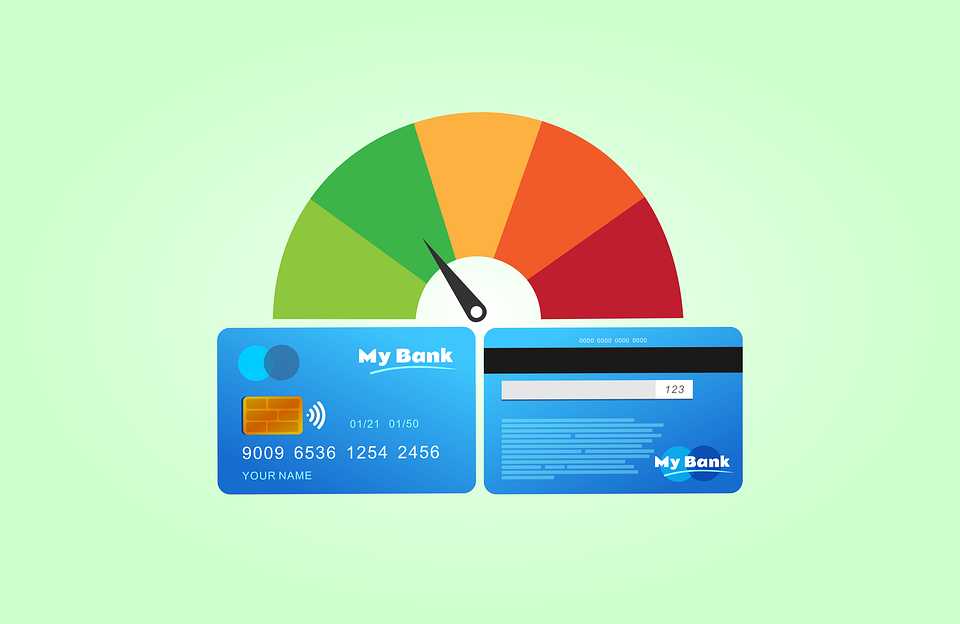Credit Tips
Credit is essentially borrowing money. It allows you to access funds for things like cars, homes, or even furniture, with the promise to repay the lender with interest over time. Your credit history, a record of how you've handled borrowing in the past, is used to calculate your credit score. This three-digit number, typically ranging from 300 to 850, tells lenders how likely you are to repay a loan. A higher score indicates a responsible borrower and qualifies you for better interest rates and loan terms. Conversely, a low score can make it difficult to obtain credit or result in high interest rates, making borrowing more expensive. Understanding credit scores and how they're affected by your financial habits is crucial for securing loans and managing your finances effectively.

Real Estate Tips
The Role of Credit Score in Securing a Better Mortgage
August 31, 2025Discover how your credit score impacts mortgage approval, interest rates, and long-term savings. Learn strategies to improve your credit and secure better terms…
Read More

Real Estate Tips
A Simple Credit Building Guide for Landlords and Renters
April 24, 2024This guide explains how renters and landlords can work together to build good credit through on-time rent payments and reporting services. Several factors influence your credit…
Read More